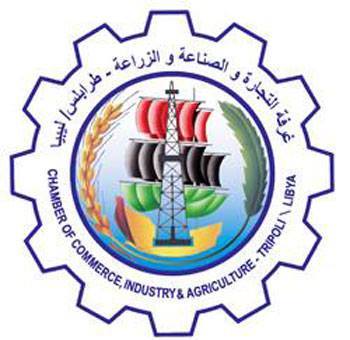
Tripoli, 12 December:
With his signalling of a new licensing round, oil minister, Abdelbari Al-Arusi has seemed to suggest Libya is considering a review of existing much-criticised January 2005 oil and gas exploration and production contracts, and offering more favourable terms to the National Oil Company’s current overseas partners.
In a series of whistle-stop oil field visits, which aides said demonstrated the new minister’s hands-on style, Arusi also admitted that it was not certain that the new licensing round would actually take place during the short life-time of the present government.
“It could happen,” he told Reuters, “but I’m not sure. It depends on the situation in Libya”. The priority he said was to maintain production levels which have recovered far more rapidly than predicted, to between 1.5 and 1.6 million barrels a day.
Setting up a new licence round is a complex and time-consuming procedure. Moreover, from what Arusi said, it seems clear the new round will not be launched until the last Exploration and Production Sharing Agreements have been reviewed.
“We want to come up with the right solution for new negotiations in the future.” he said. “This EPSA IV [the last round] will be reviewed for the interest of the Libyans and for our partners. A lot of companies have complained about this EPSA IV; we don’t like people to lose, because this is a win-win business.”
An international oil analyst who follows Libya closely told Libya Herald: “It is already obvious that terms will have to be improved before new EPSAs are signed. If the review finds that international partners had no incentive to invest under the last round of EPSAs, which was indeed the case, then will NOC be prepared to make changes to existing contracts ? Is it preparing to make a major concession?”
UK lawyer firm Clyde & Co, which has just opened an office in Tripoli, has noted that the NOC’s average 88 percent production share is one of the highest in the world. The firm has pointed out that the EPSA IV licensing round was relatively unusual, in that it included bids for the share of production NOC’s would-be partners were prepared to give NOC, and also the size of the signature bonus. Normally, said Clyde & Co, the production share is negotiated or set out in a model contract.
Further demerits to the last licensing round included the fact that the contracts conveyed no ownership rights to NOC’s partners. It also required the partners to finance and undertake exploration at their own risk. Only in the development and operation of a commercial discovery, said Clyde, did NOC contribute.
[/restrict]







